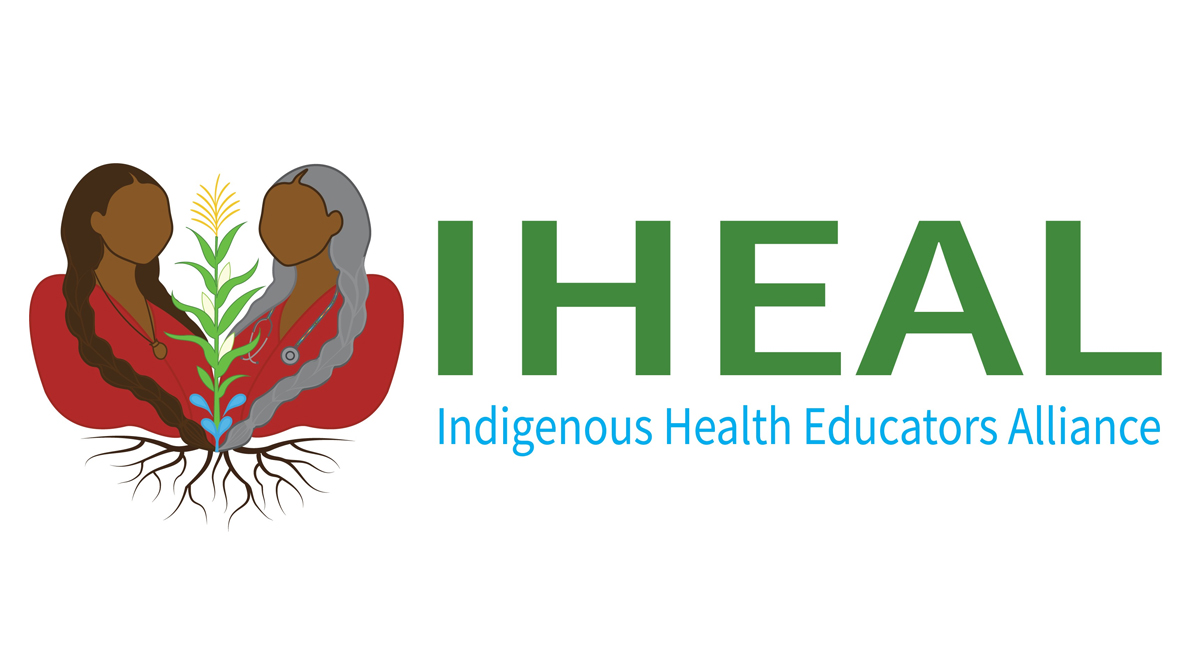
Our Focus
Inspired by the LIME (Leaders in Indigenous Medical Education) network based in Australia and New Zealand, we are focused on:
- Shifting mindsets of health professions leaders so they give more emphasis to education and training that prepares clinicians to provide culturally responsive and quality health care to American Indian and Alaska Native communities
- Increasing access to curricular resources that provide a central focus on the experiences and traditional healing practices of Native communities
- Creating a curricular framework for the delivery of lessons on Indigenous health
- Building a community of learners, trainees, scholars, and leaders who work together to advance scholarship that strives to decolonize health professions education
- Engaging in collaborations that promote the health of Indigenous communities
Indigenous Health Special Collection
HEAL is partnering with Academic Medicine to develop a special collection for the journal that focuses on Indigenizing health care. The collection will include articles on any of the following subjects: medical education, Indigenous health care workforce development, health centers, and traditional Indigenous medicine.
To “Indigenize” means to incorporate Indigenous values, beliefs, and protocols into health care settings. Indigenizing health can include the training of health professionals or the systems of health themselves, enacting durable changes to health education and care delivery that reflect these indigenizing principles. This special collection aims to elucidate ways in which Indigeneity is being incorporated into health care, health systems, and training centers to improve equal access and care received by Indigenous patients. Further, manuscripts may focus on the experience of health care learners, workers, and traditional Indigenous medicine practitioners.
Guest Editors
- Mary Owen, MD, University of Minnesota Medical School, Duluth
- Melissa Lewis, PhD, University of Missouri School of Medicine
- Norma Poll-Hunter, PhD, Association of American Medical Colleges
The Academic Medicine “Indigenizing Health Care” special collection will be available in late 2025.
Related Publications
- The Development of an Indigenous Health Curriculum for Medical Students
- Educating for Indigenous Health Equity: An International Consensus Statement
- An Introduction to Traditional Healing in American Indian and Alaska Native Communities
Contact
For general inquiries, contact iheal@aamc.org.